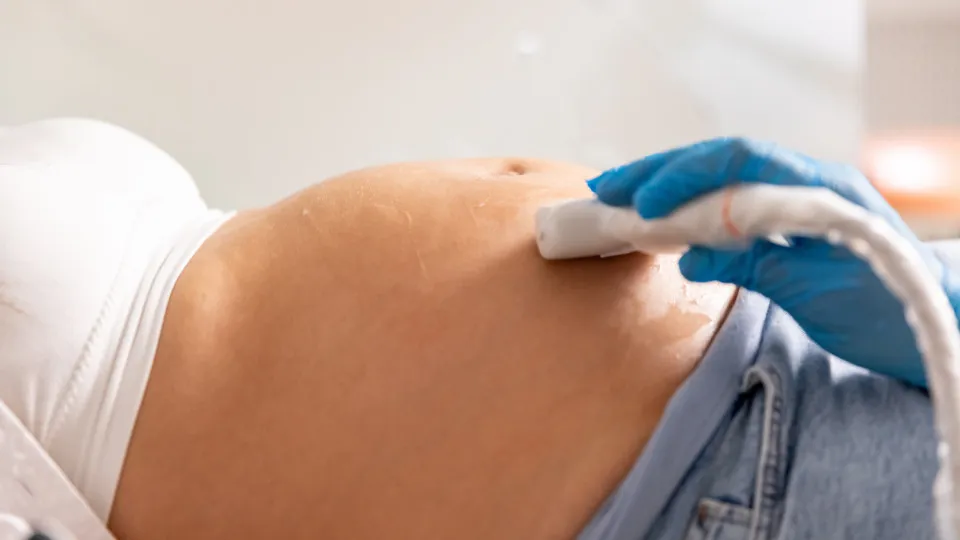
The study highlights a consistent cultural and practical shift among professionals in recent years, aligning with international recommendations for the restrictive and individualized use of this procedure, according to the summary published in the International Journal of Gynecology and Obstetrics in May.
Episiotomies are incisions made during childbirth in the vaginal area towards the perineum.
This procedure aims to widen the vaginal opening to facilitate the baby’s delivery during vaginal birth. However, the routine use of episiotomy is not advocated by health organizations.
Based on FMUP’s data, recently released findings were collected from all national public hospitals and analyzed rigorously, transparently, and consistently, drawing on various official databases to help clarify one of the most debated obstetric health issues recently.
The results show that from 2013 to 2022, the episiotomy rate in non-instrumental vaginal deliveries in Portuguese public hospitals dropped from 63% to 21%.
This reduction, however, was accompanied by an increase in rare but deeper perineal tears—from 0.15% to 0.31%—impacting recovery and women’s future health, such as perineal tears affecting the anal sphincter.
The summary emphasizes, “This data is crucial as it demonstrates that the decision to use episiotomy must seriously weigh risks and benefits.”
The routine use of episiotomies has been questioned since the 1980s, becoming much more contested after 2010 when information revealed the technique was used in over 70% of all vaginal deliveries in Portugal.
Recently, the public debate reached the Assembly of the Republic via a petition concerning the lack of humanized obstetric practices. This led to the introduction of a law in March 2025 (Law No. 33/2025) penalizing hospitals and healthcare professionals for unjustified episiotomy use.
There are no universally objective criteria to define when an episiotomy should be performed.
Decisions are typically made on the spot, often under intense pressure and during emergencies.
Since 2023, Portugal has had a set of recommendations restricting episiotomies, stating they should only be performed when necessary to expedite birth, such as in cases of fetal distress or imminent complicated perineal tear signs.
The newly published study underscores the importance of training and empowering professionals assisting with childbirth, deeming it “essential to ensure all women receive safe, individualized, and genuinely respectful care.”
In this context, a source from FMUP told Lusa that the institution has made “a strong investment in the training of medical students, resident doctors, obstetricians, and even specialist nurses, who receive dedicated training in childbirth assistance and perineal protection techniques at the institution’s Medical Simulation Center.”
“Additionally, the Faculty also invests in research in this area,” the source added.
The study was conducted by Mariana Bandeira, Cristina Costa-Santos, Fernando Lopes, João Bernardes, and Ana Reynolds, all from FMUP, with involvement from the Local Health Unit of Alto Minho and RISE-Health.




